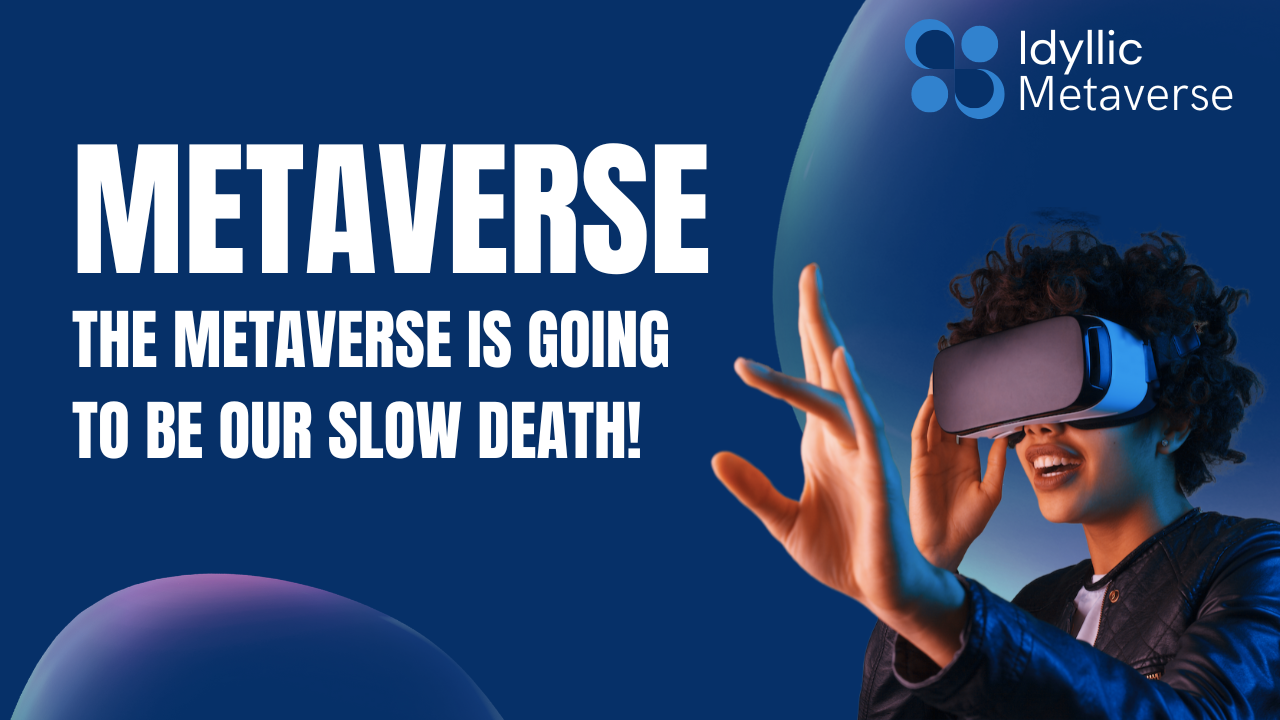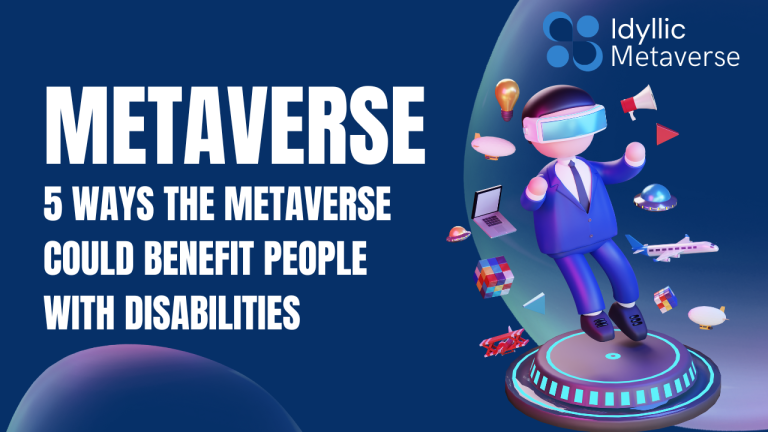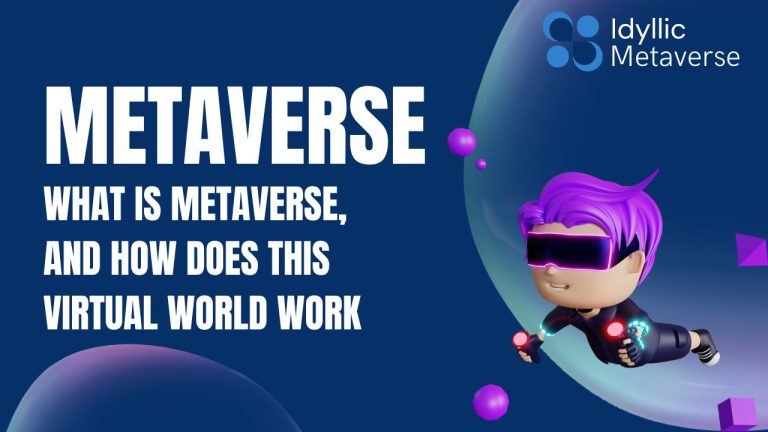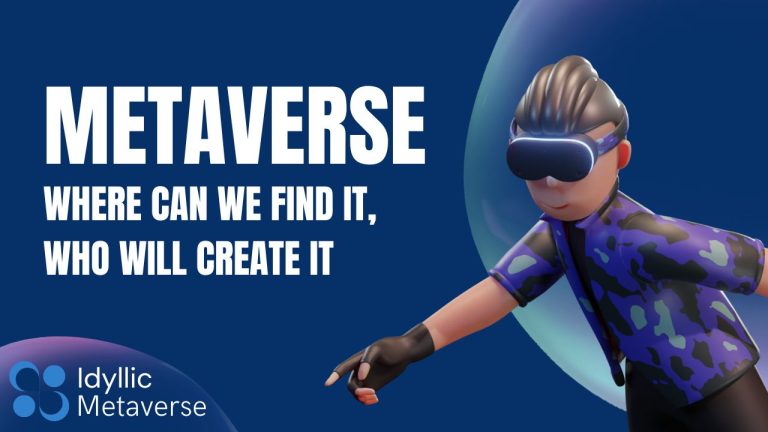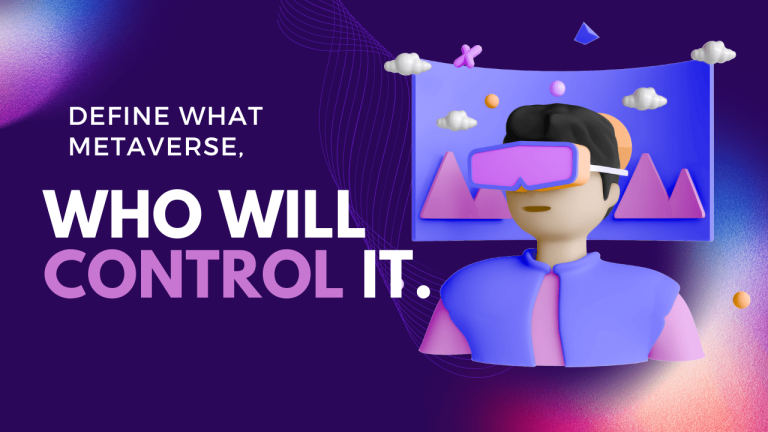The metaverse is going to be our slow death! Is Facebook’s $100 Billion Bet On Virtual Reality Failing
What is the metaverse:
The metaverse is an interconnected network of virtual worlds. Neal Stephenson coined the term in his 1992 science fiction novel “Snow Crash” about life in virtual reality. Video games with metaverse elements include Minecraft, Fortnight, and Axie Infinity.
Currently, the metaverse is made up of many separate worlds rather than a single interconnected one. For example, the worlds of Minecraft and Fortnight are distinct. Each has its avatar, currency, rules, and access level. Roblox, a popular gaming platform, has a storefront where users can select which games they want to play. Although basic play is free, advanced play requires the purchase of Robux.
The metaverse is more than just video games. Meta’s Horizon Worlds social platform includes, among other things, virtual offices called Horizon Workrooms and a virtual events platform called Horizon Venues.
What exactly is Facebook’s metaverse:
The Facebook Metaverse is similar to what you might see in a science fiction film. In the film Ready, Player One, you see someone strapping on a headset, sitting back in their chair, and entering another reality. Imagine yourself walking around as an avatar, going shopping, talking and hanging out with your friends, and engaging in leisure activities. In a video presentation, Zuckerberg also discussed how immersive learning will become, allowing people to travel anywhere and at any time by simply wearing a VR headset.
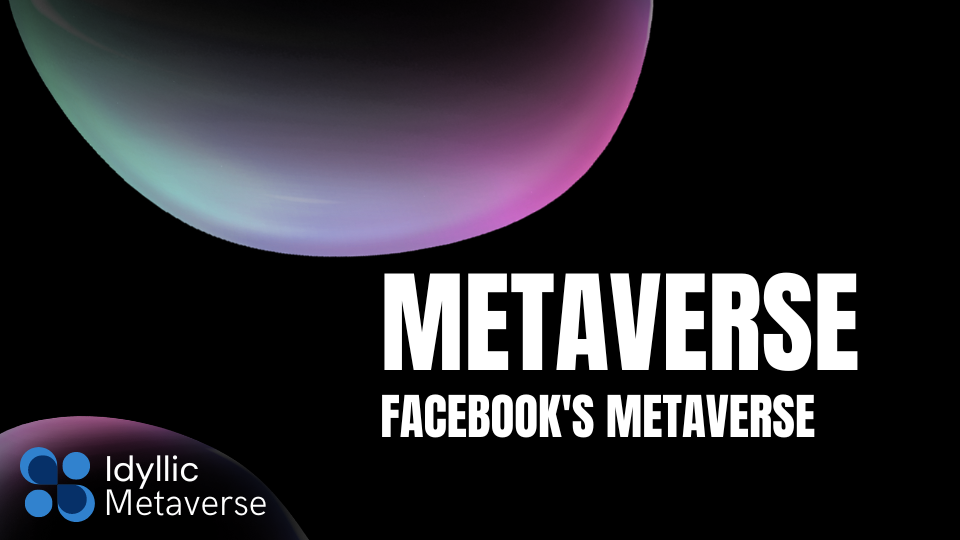
The Benefits of the Facebook Metaverse:
Let’s start with the benefits.
It will facilitate you in making contact with clients:
By removing the geographical barrier, you will be able to interact with your customers more closely. If you run a small community-based business, the Metaverse will allow you to meet your customers no matter where they are in the world.
Rather than simply being the community owner, it transforms your relationship into something more akin to friendship, fostering greater trust.
It will provide you with a more extensive customer base:
Again, because physical limitations are no longer an issue, anyone can visit your establishment. You could have your store on the Metaverse, allowing people to shop whenever they want and from wherever they are in the world.
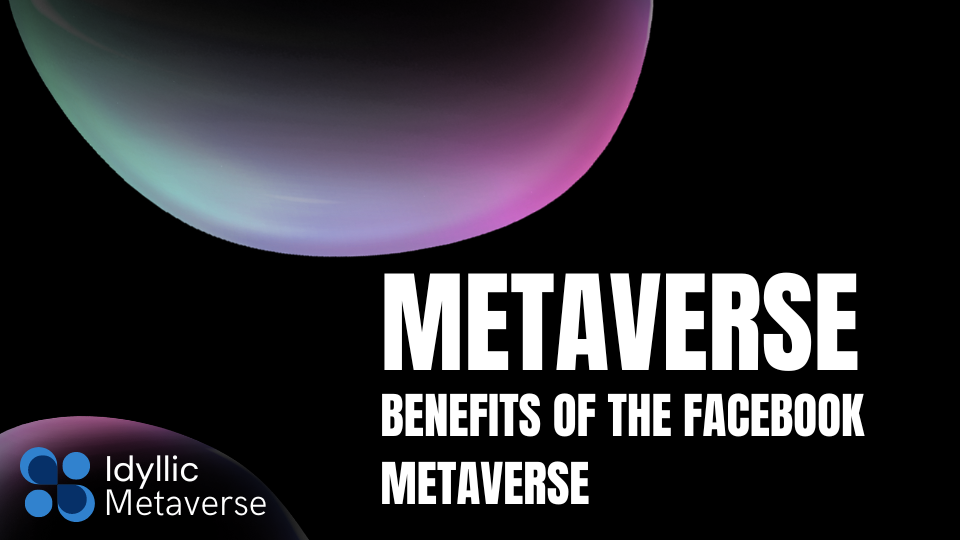
You will be able to sell digital items:
People will want to stand out, be themselves, and show off their personalities as more people join the Metaverse. They could do this by providing items for their avatars, such as accessories or clothing.
Fortnite, a popular free-to-play third-person shooter, made $1.8 billion in 2019 from costume microtransactions.
What a difference one year can make. Facebook CEO Mark Zuckerberg couldn’t wait to show the world what he was up to last October.
Zuckerberg guided us through his vision for the virtual-reality future, almost seamlessly transitioning from his real self into a computer-generated avatar: playing poker in space with your buddies; sharing cool stuff. Zuckerberg was so invested in the metaverse that he renamed his company, Meta.
“I want to say upfront that I take full responsibility for this decision,” Zuckerberg told employees morosely earlier this month. “This was ultimately my decision, and it was one of the most difficult decisions I’ve had to make in my 18 years as CEO.” Meta was laying off 11,000 people, accounting for 13% of its workforce. Due to poor third-quarter results, Meta’s share price had dropped by 25%, erasing $80 billion from the company’s value. Reality Labs, Meta’s metaverse, had lost $3.7 billion in the previous three months, with more to come. But it wasn’t all bad news: Zuckerberg announced last month that Meta avatars would finally get legs.
Meantime, Meta has spent a whopping $100 billion on metaverse research and development to date, including $15 billion in the last year alone, with seemingly little to show for it. Zuckerberg’s newfound obsession with the metaverse could be interpreted as a preemptive virtual land grab for what is widely assumed to be the internet’s future.
The metaverse’s building blocks are coming together, and Meta is working on many of them: hardware such as VR and AR devices, data and network infrastructure, social platforms and interfaces, and developer and creator ecosystems – all of which require skilled people (Reality Labs escaped Meta’s recent 11,000-person cull relatively unscathed).
“We are establishing a new category that will necessitate significantly and abundantly more resources than it currently does takes to create a single product or collection of products,” a Meta representative says. “It is incorrect to classify our long-term investment as a loss while we are in the early stages of development.” So no more “move fast and break things”; instead, “move slowly and build things” is the new mantra.
“Whoever owns the metaverse will have better information about crime, surveillance, and everything else than the government,” says Koster. He emphasizes how much of our lives are already online, such as our records, résumés, bank accounts, friendships, and online movements and behaviors. The metaverse will provide access to even more data layers. Removal of a particular virtual world. The more we digitize the world, the more power we give to whoever runs the metaverse.”
FAQS:
How long until the metaverse becomes a reality?
Last October, as part of Facebook’s rebranding to Meta, Zuckerberg stated that his metaverse vision will take five to ten years to become a mainstream consideration.
Will the metaverse impact our lives in the future?
Metaverse technology is likely to improve everything from healthcare to education to engineering, shopping, and travel; AR is already being used to guide surgeons in complicated surgeries, and VR counseling is available to the general public, as are VR games that bring science lessons to life.

